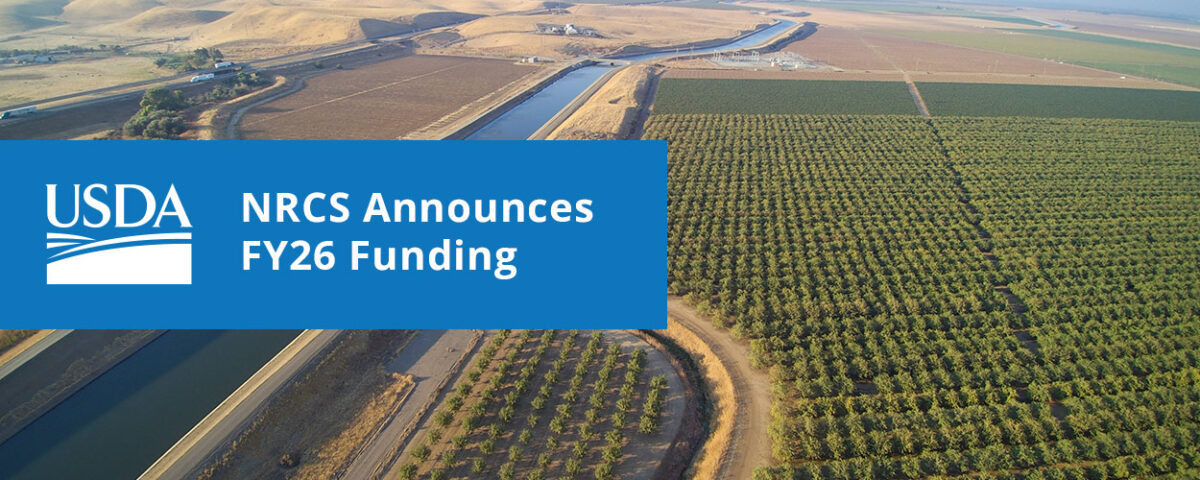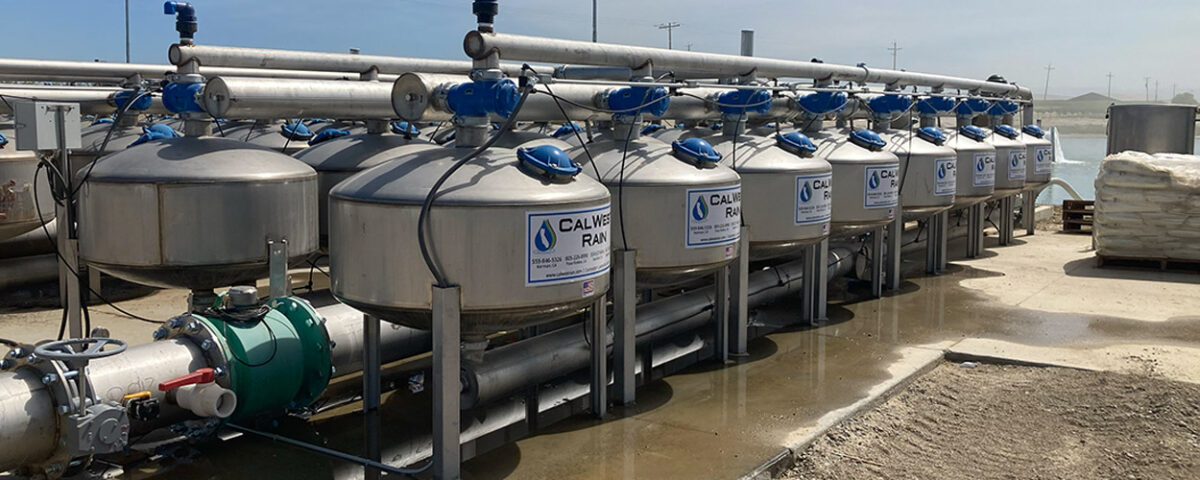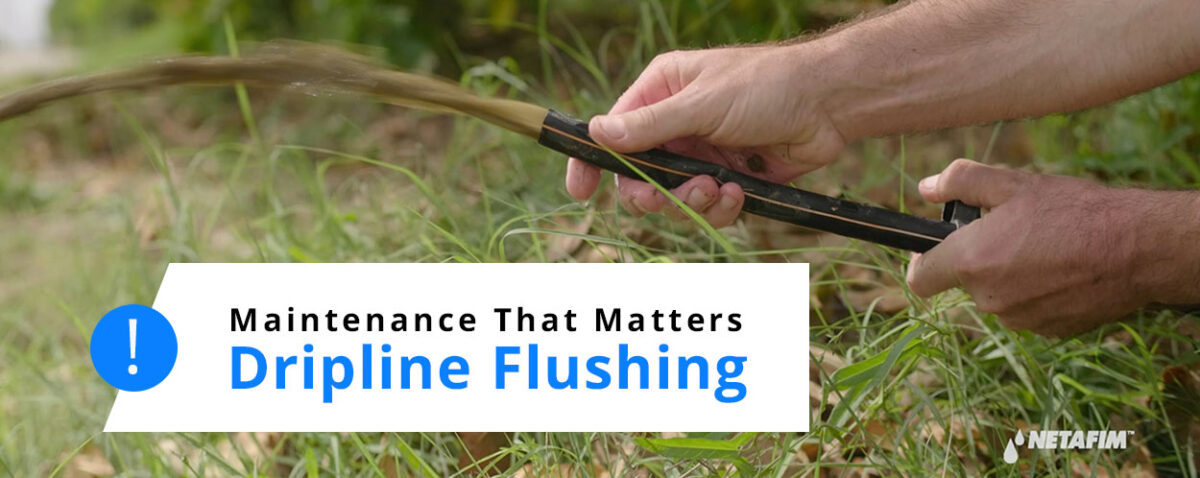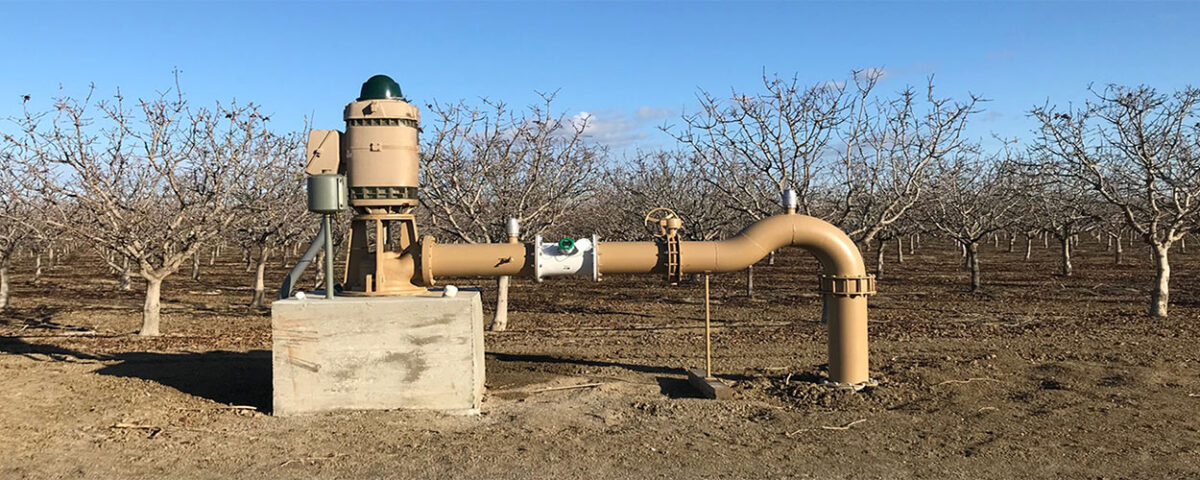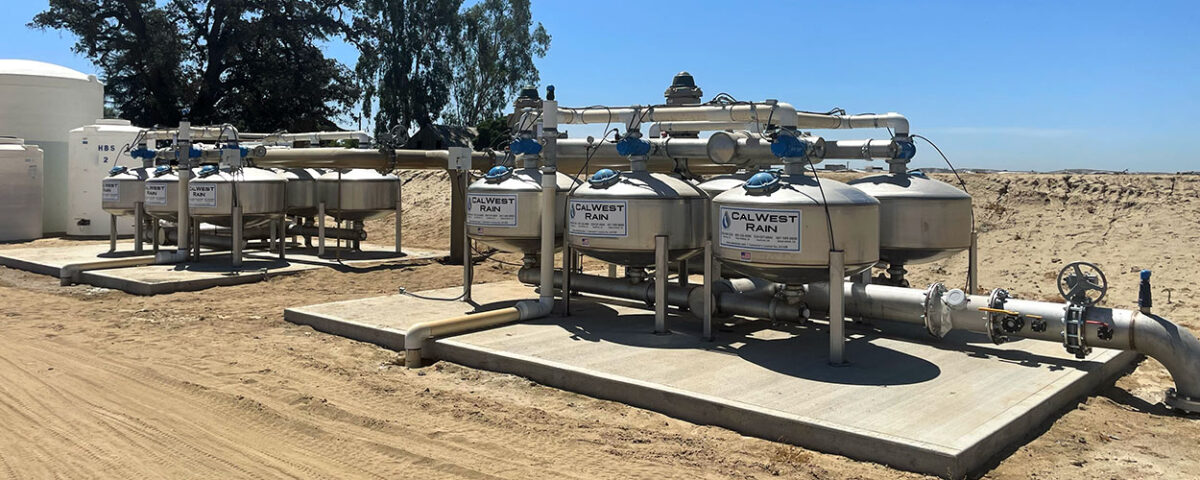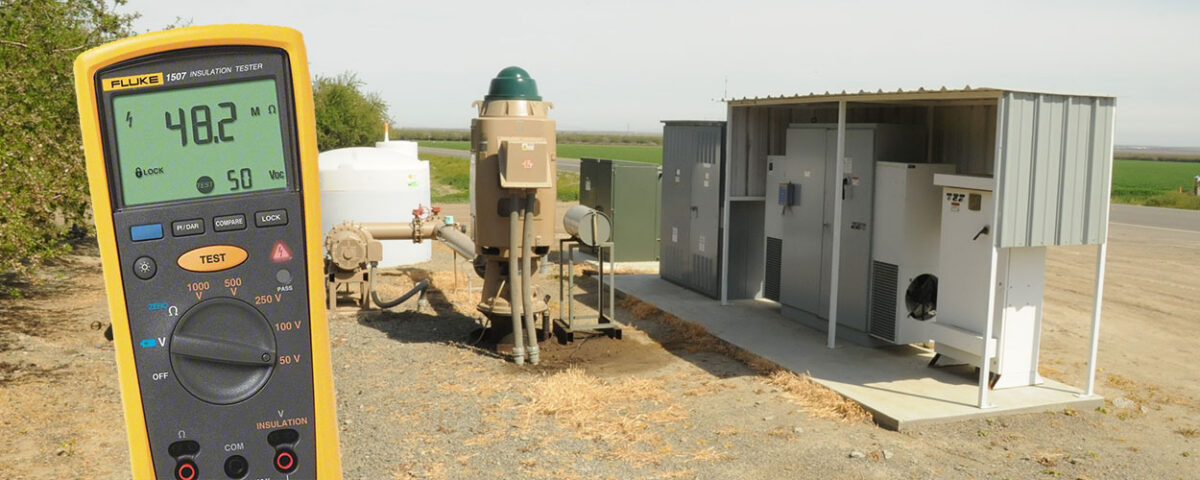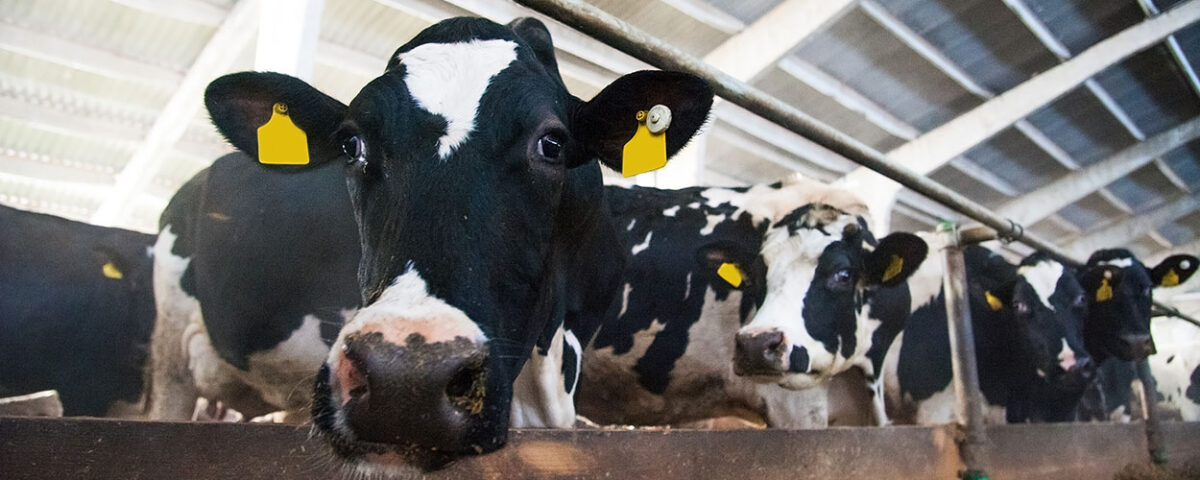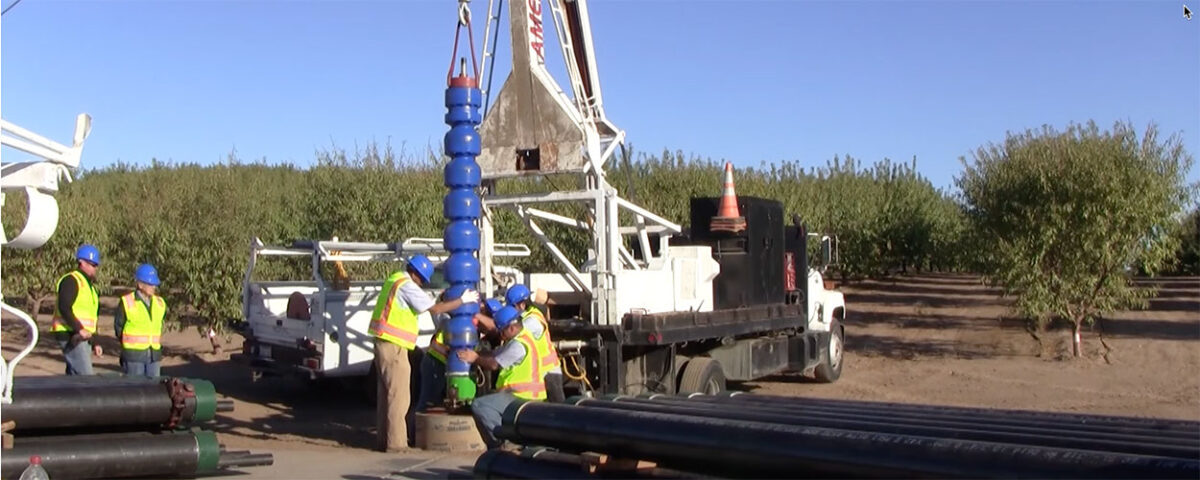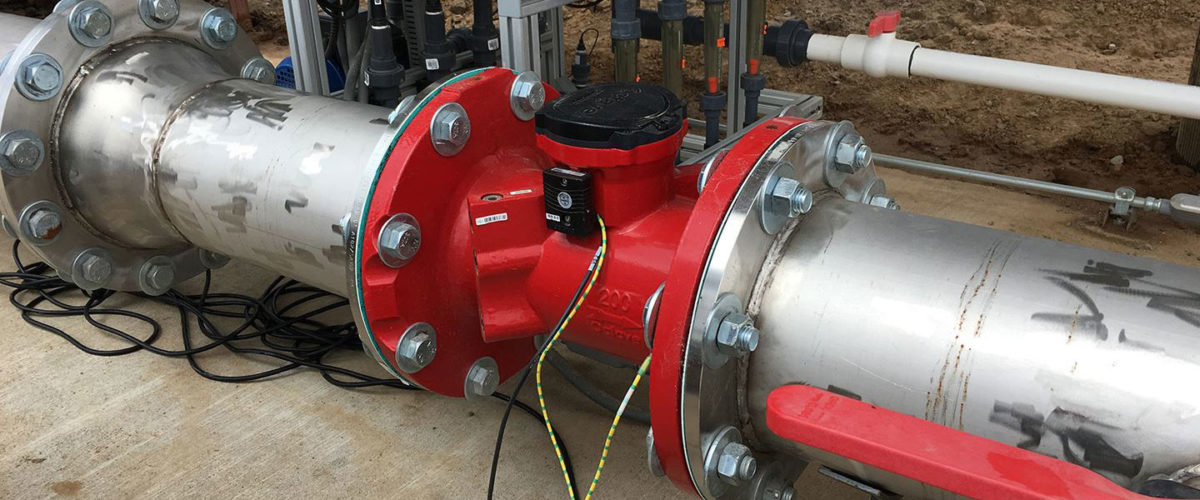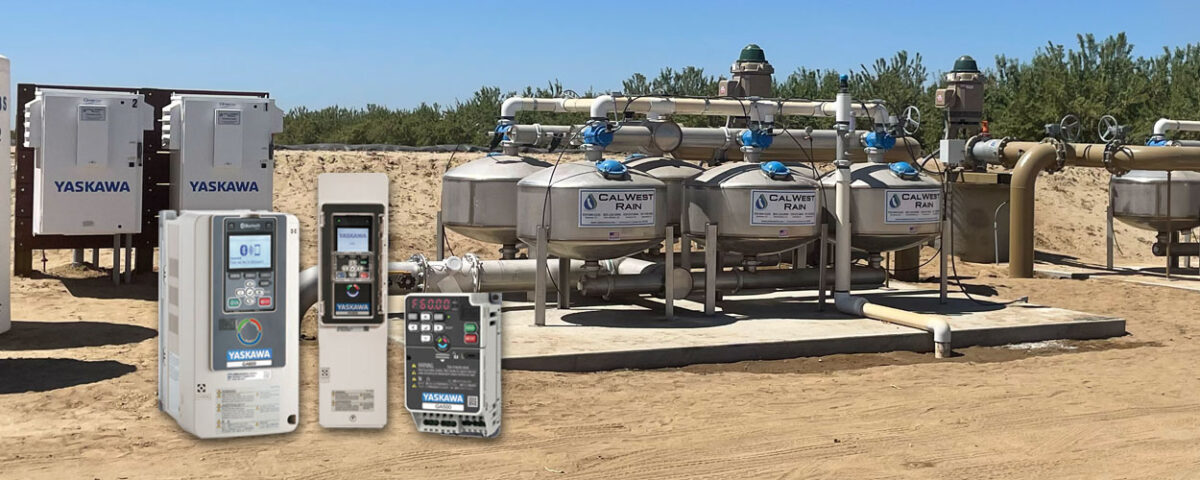The USDA–NRCS has announced that farmers and landowners can apply NOW for FY26 grant funding. Contact your nearest NRCS office to inquire about grant programs and submit your application for FY26 funding by 11/21/25*. Programs and funding vary depending on your location. The most relevant NRCS programs for Central California include: California USDA–NRCS EQIP Program FY26 Application Deadline How It …
Filter Maintenance is Essential for System Performance
Like pumps and other essential irrigation equipment, filter systems require routine maintenance to ensure optimal system performance and reliability. Without a doubt, the benefits of routine filter maintenance outweigh the costs. Prevent debris buildup in filters, drip lines, and emitters Avoid clogged systems and poor distribution uniformity (DU) Ensure proper flow and pressure per the design of your system Avoid …
Dripline Flushing: The Key to Efficient Irrigation
Farmers and farm managers across California face many challenges while making every drop of water count. Proper irrigation system maintenance is essential for maximizing efficiency, reducing costs, and ensuring healthy crops and high yields. One often overlooked but critical maintenance practice is dripline flushing. Regularly flushing your irrigation system helps prevent debris buildup, maintains consistent system pressure, and minimizes the …
Maximizing Water Efficiency: The Critical Role of Water Flow Meters
In the agriculturally rich regions of Central California, water is not just a resource; it’s the lifeline of the land. With water costs rising and the importance of sustainable usage becoming ever more critical, precise water measurement has become indispensable. This is where Cal-West Rain steps in, offering unparalleled expertise in water flow meter sales, installation, and repair services tailored …
Preparing for the 2023 SWEEP Applications: A Guide for California Farmers and Ranchers
The State Water Efficiency and Enhancement Program (SWEEP) by the California Department of Food and Agriculture (CDFA) is gearing up for its 2023 Request for Applications process. This program provides a golden opportunity for California’s agricultural community to secure funding for projects aimed at water conservation and reducing greenhouse gas emissions. With an anticipated application window opening in November 2023, …
Megger Testing Pump Motors – The Guide For Farmers and Ranchers
Farms and ranches across California use a wide range of electric motors to operate pumps that move water from wells, canals, and reservoirs to irrigation systems, livestock, and other needs. As part of your season start-up or preventive maintenance, a megger test is recommended because it helps ensure motors are ready to run. Operating motors that have been idle for …
Water Well Redevelopment in Fresno County Provides Stunning Results for Dairy
In mid-2022, a large dairy in Fresno County kicked off a project to drill a new 600’ well for their family-owned dairy and farming operation. All involved were confident the project would go smoothly and, once completed, would provide 1,700-2,100 gallons per minute (GPM) of water. Unfortunately, the results were far below the expected GPM flow for an expensive project. …
Downhole Sand Separators for Turbine Pumps
Sand in well water can be very damaging to turbine pumps as well as other downstream equipment. When sand enters a pump it erodes the pump’s impellers and creates a rocker-type action causing imbalance and a loss in efficiency resulting in costly repairs, replacements, and higher operating costs due to inefficient pump operation. LAKOS Pump Protection Separators (PPS) can extend the …
Madera County Pre-Approves Cal-West Rain for Flow Meter Services
Cal-West Rain is pleased to announce that Madera County has recently recognized Cal-West Rain as a pre-approved provider to install flow meters, verify previously installed flow meters, and check flow meter calibrations in the Madera County GSA. In addition to Madera County, Cal-West Rain is also a pre-approved vendor in the Antelope Valley Groundwater Basin. The Antelope Valley Groundwater Basin …
A Grower’s Guide to VFD Terminology
Understanding VFD terminology helps users to ensure proper application in the field. This article and the attached PDF file details 50 of the most important VFD terms that VFD users should understand to more effectively specify and maintain their drives. What is a variable frequency drive and how are they used in agriculture? VFDs are used to regulate the speed …

